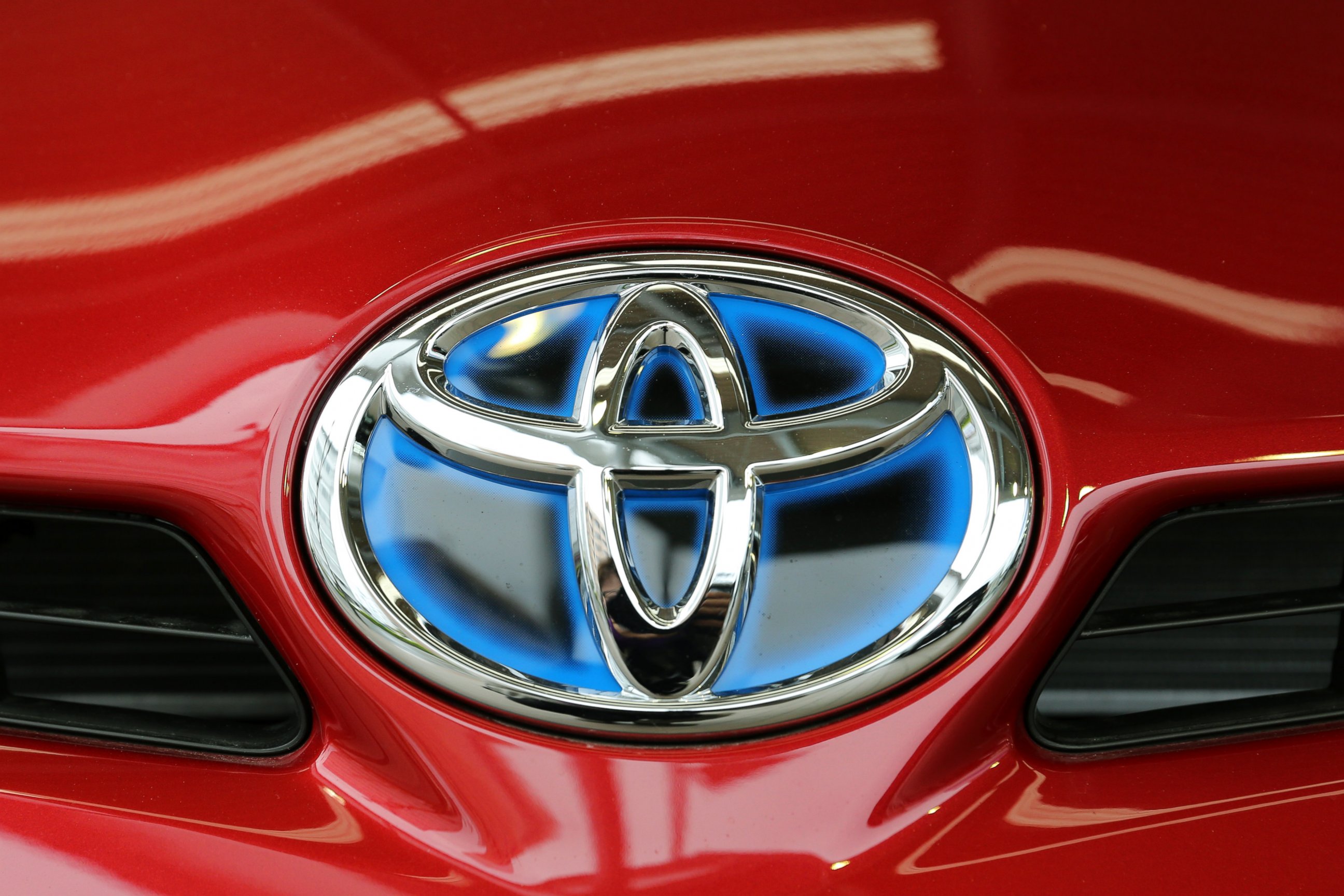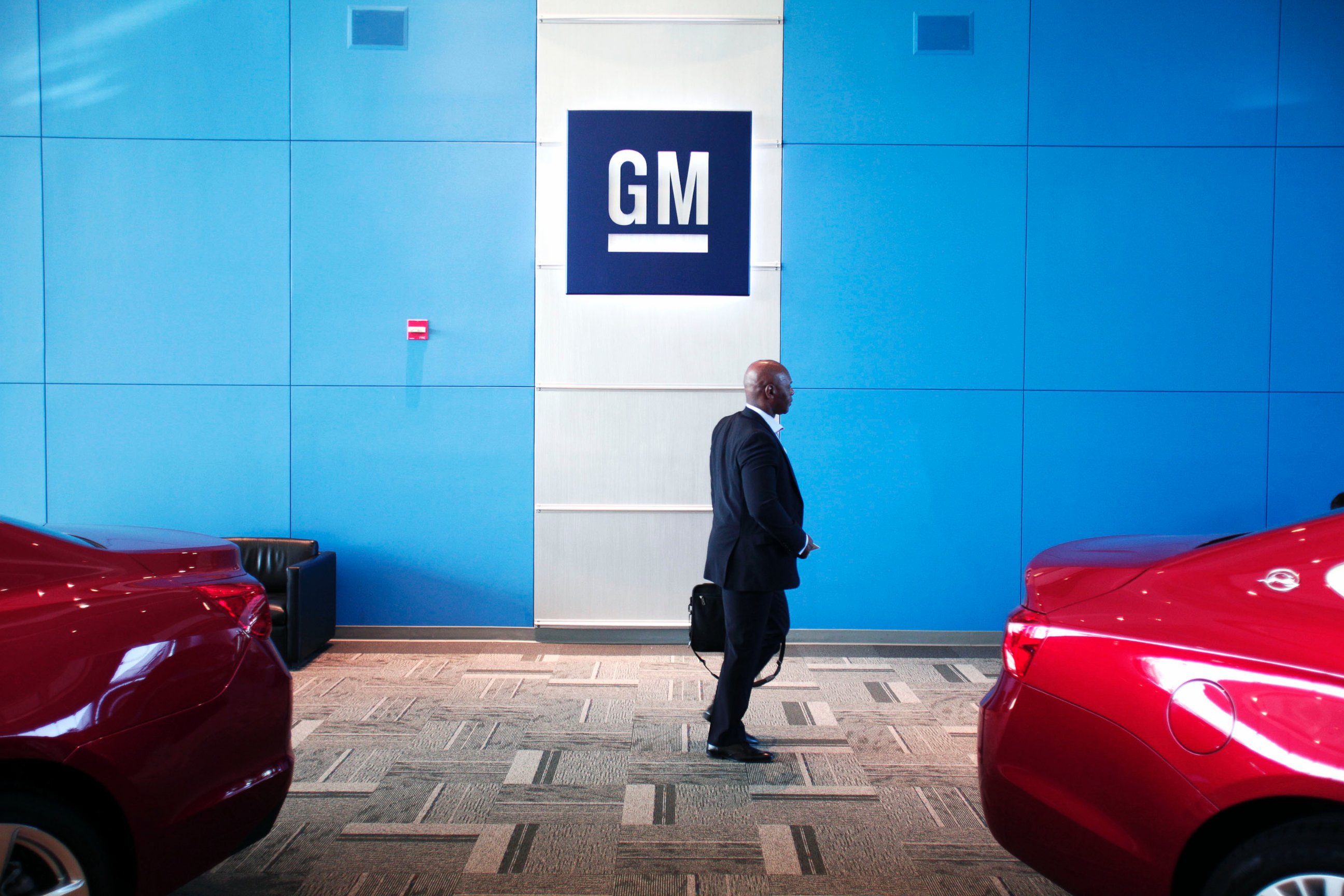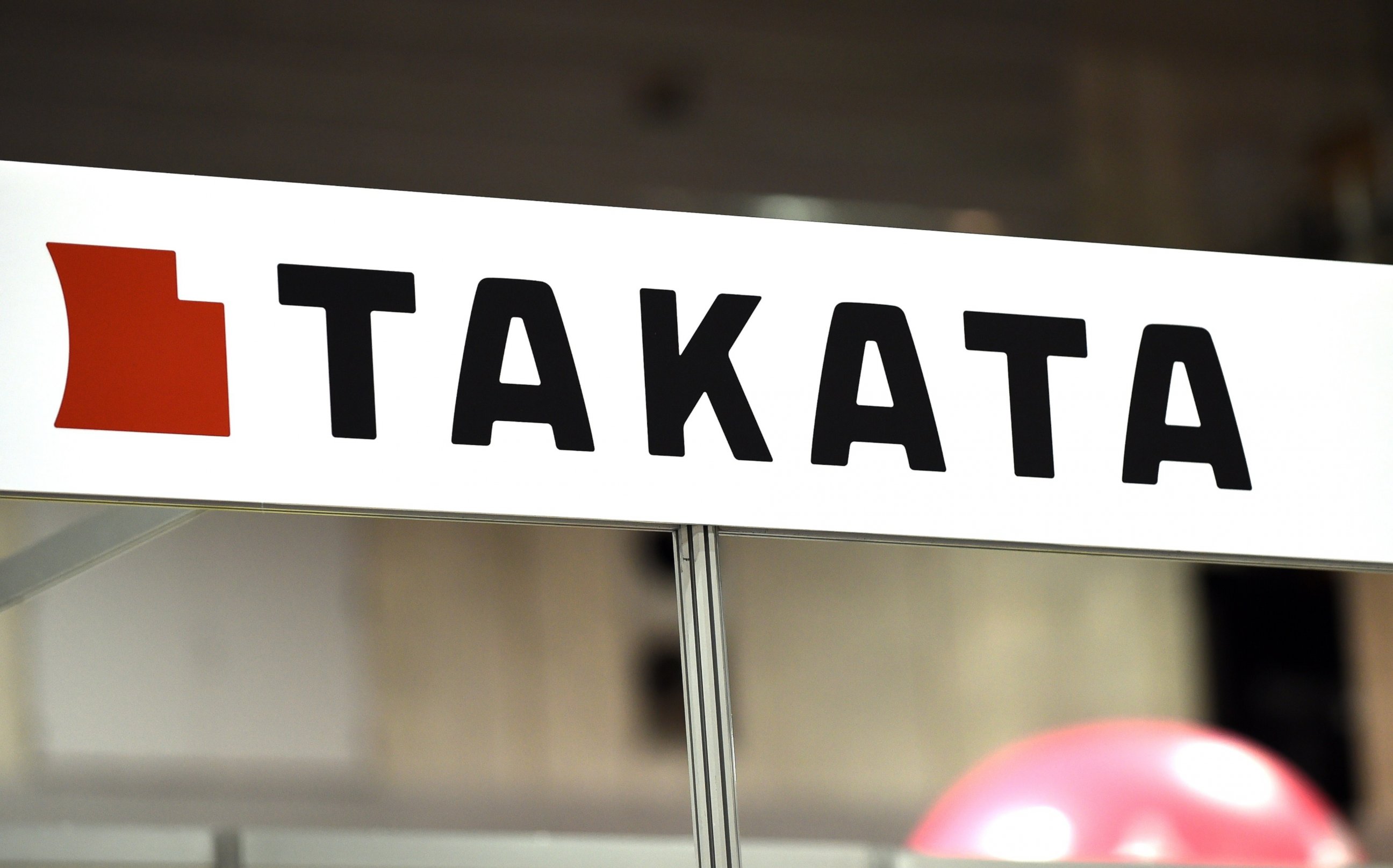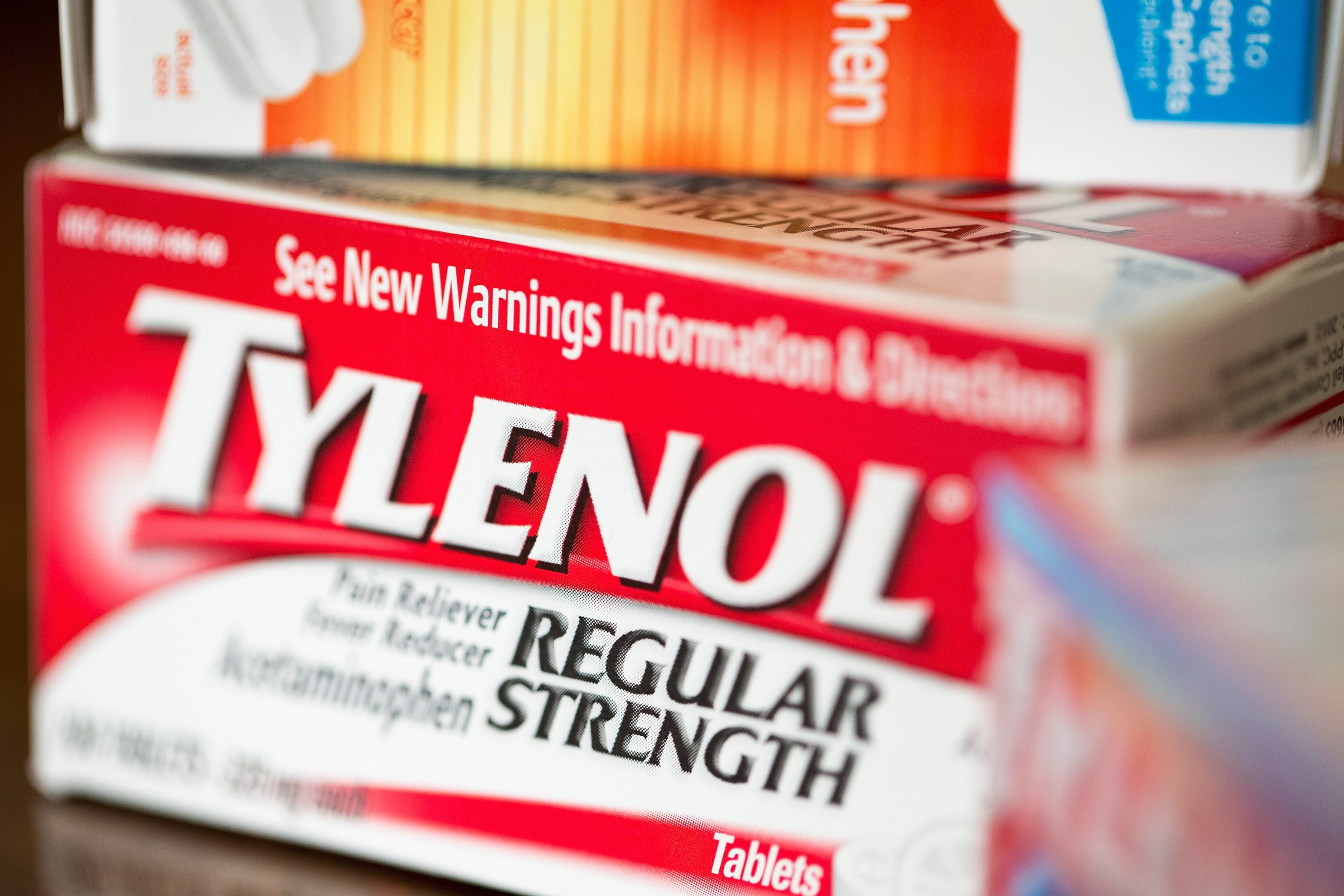Blue Bell Creameries: What It Can Learn From Past Recalls
Blue Bell is recalling all its ice cream due to possible Listeria contamination.
— -- Blue Bell Creameries, which voluntarily recalled all of its ice cream this week due to possible listeria contamination, can learn lessons of what to do -- and not to do -- from the biggest recent recalls in the country.
In its latest statement, Blue Bell said Monday that it was voluntarily recalling all its products due to the potential for Listeria contamination. Five patients were treated in Kansas and three in Texas after testing positive for Listeria monocytogenes, the company said.
“We’re committed to doing the 100 percent right thing, and the best way to do that is to take all of our products off the market until we can be confident that they are all safe,” said Paul Kruse, Blue Bell CEO and president, in a statement.
Kruse added, “At this point, we cannot say with certainty how Listeria was introduced to our facilities and so we have taken this unprecedented step. We continue to work with our team of experts to eliminate this problem.”
"Blue Bell can learn from the likes of Toyota and GM that the 'death by 1,000 cuts' approach to recall crisis communications doesn't work," Jonathan Bernstein, president of Bernstein Crisis Management and author of "Keeping the Wolves at Bay."

Earlier this month, GM said it had fixed 70 percent of its faulty ignition switches that have led to the recall of about 2.3 million recalled cars around the world. Lawmakers and the families of victims criticized GM for what they allege was a slow recognition to the problem and repair completion rate. At least 80 deaths and nearly 150 injuries in the U.S. have been linked to the faulty switches.
In 2012, Toyota announced that more than 7 million cars were recalled due to a faulty power window switch that had the potential to start a fire. Bernstein said it was "downright silly" that many of the vehicles were previously recalled for sticky gas pedals and dangerous floor mats in 2009 and 2010, after Toyota first learned of the switch issue.

Bernstein said the same issue that GM and Toyota have experienced, poor communication, arose for the Takata airbag recalls. There may be as many as 17 million cars made by 10 different automakers that have been recalled due to faulty air bags from the parts supplier, according to Consumer Reports. Bernstein points out that Takata failed to offer even a holding statement to major media outlets, contributing to a drop in its share price. At least five deaths have been linked to Takata airbags that have exploded, while the number of injured may be as high as 64.

Michelle Greenwald, a marketing professor at Columbia Business School, said Johnson & Johnson's response in 1982 is touted as the best example after a recall. At that time, the deaths of seven people were linked to cyanide contamination in its Tylenol products.
"They admitted it right away and pulled product off their shelves even though it was a big loss to bottom line. And it wasn’t replaced until safe," she said.

Greenwald contrasts that response to that of Toyota and Blue Bell, saying neither company figured out the problem immediately. Greewald said, "Toyota couldn’t figure it out internally and they had to bring in experts."
Whether consumers will forgive and forget often depends on how "deadly" a faulty product is, Greenwald said.
"I think it has to do with the severity of the illness, and it’s good if they catch it sooner, before people die," she said.




